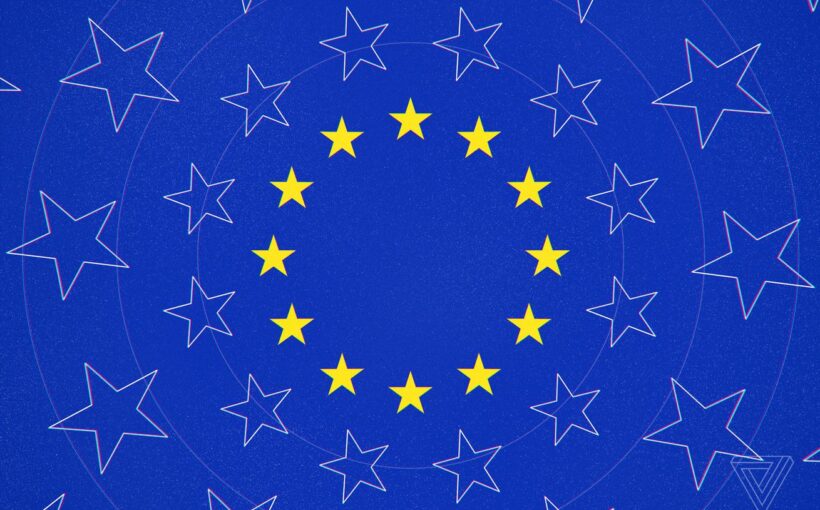European Commission President Ursula von der Leyen on Friday morning outlined the next steps in Ukraine’s path to joining the European Union, during a virtual address to the Ukrainian parliament.
“The next steps are within your reach. But they will require hard work, determination and above all unity of purpose,” she told the Rada.
This path includes tackling corruption, a promise on which Ukrainian President Volodymyr Zelenskyy was elected in 2019. “You have created an impressive anti-corruption machine. But now these institutions need teeth, and the right people in senior posts,” she said. Von der Leyen explained Ukraine should appoint new heads for the Specialized Anti-Corruption Prosecutor’s Office and National Anti-Corruption Bureau, which both started operating in 2015, as soon as possible.
Von der Leyen also insisted on the need to reform the country’s constitutional court — namely, a legislation outlining selection procedures for judges, in line with the recommendations of the Venice Commission.
Von der Leyen also mentioned a controversial anti-oligarch law, according to which the body that decides who is an oligarch is appointed by the president himself. Critics of the law see it as a populist measure which could give more power to the sitting president. “Today, Ukraine is the only country in Europe’s Eastern Partnership to have adopted a law to break the oligarchs’ grip on your economic and political life. And I commend you for that,” she said. But von der Leyen added that Ukraine now has to focus on implementing the law, “in a legally sound manner.”
She also addressed media independence, saying a media law should be adopted in line with current EU standards.
The European Council granted Ukraine, along with Moldova, candidate status on June 23. This was the first step on the path to joining the EU, which will likely take years. But EU leaders have moved with record speed, at least in the initial stages of Ukraine’s bid for membership — partly as an effort to show solidarity in the face of Russia’s brutal war.
Source: Politico


